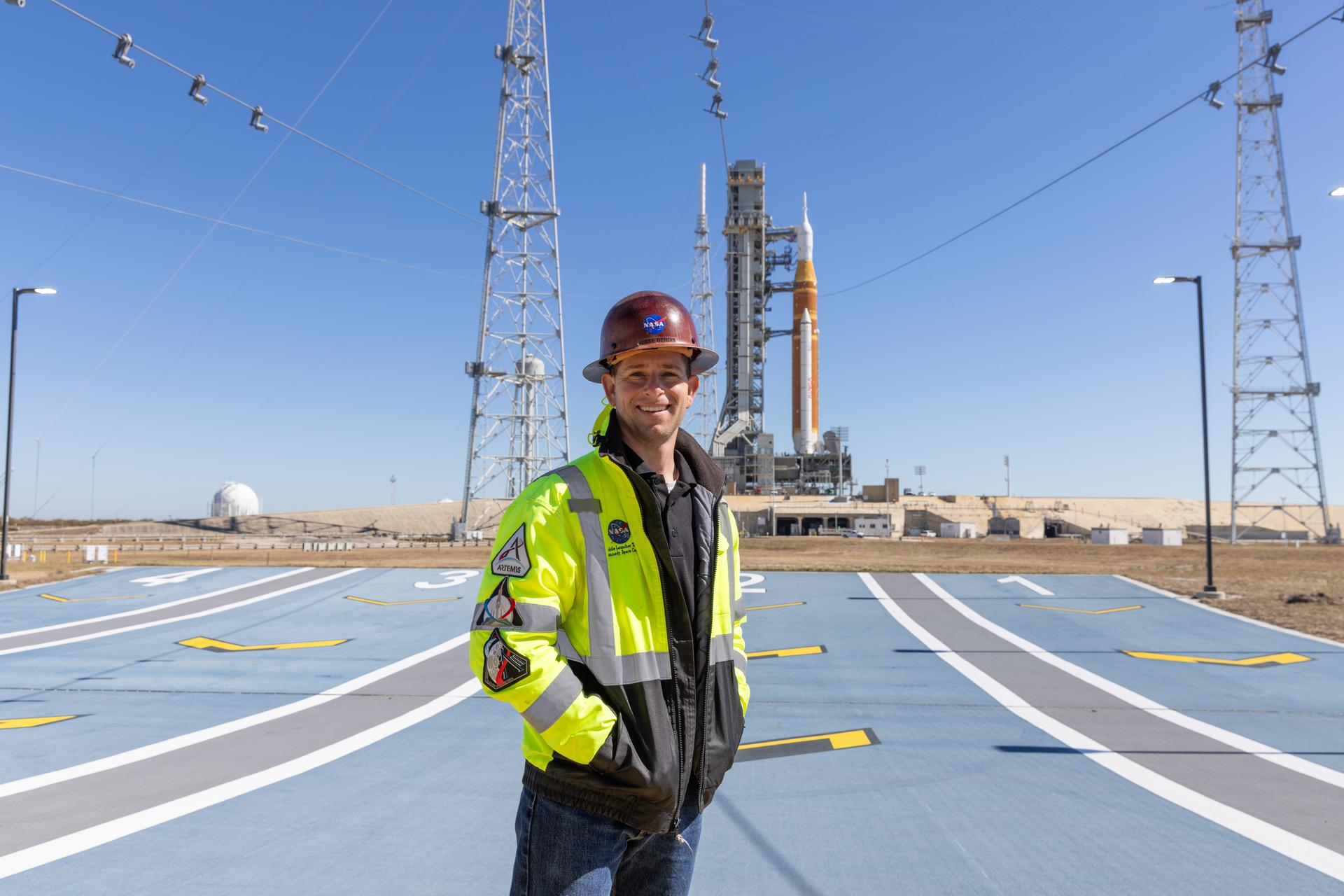News & Media
Learn more about the exciting research projects and scientific discoveries in the fields of Space Biology and Physical Sciences:
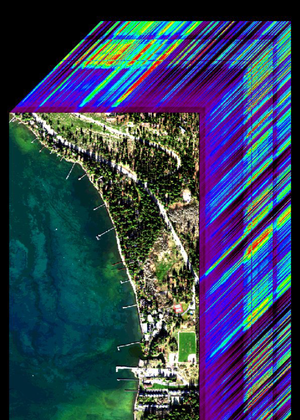
F.10 Payloads and Research Investigations on the Surface of the Moon (PRISM) solicits development and flight of a science-driven suite of instruments and supporting technology demonstration payloads tailored to complete scientific investigations at a lunar landing destination, that address the…
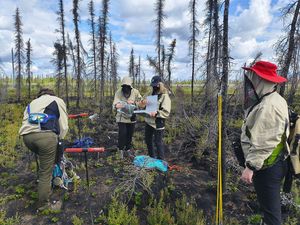
A Michigan Tech field team of five arrived in Yellowknife, Northwest Territories on July 27, 2025, for a nine-day field campaign to sample the effects of the extreme drought and wildfire of 2023 on wetlands and uplands.
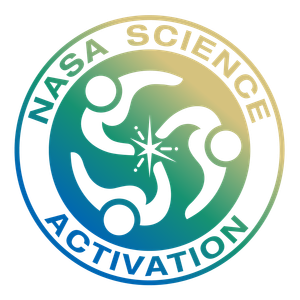
The Science Mission Directorate Science Activation Program encourages all people to actively participate in science through activities and resources developed by a collaborative network of project teams drawing on NASA SMD assets (science content, experts, data, etc.). The Science Activation…
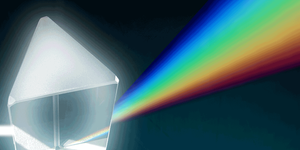
F.10 Payloads and Research Investigations on the Surface of the Moon (PRISM) solicits development and flight of a science-driven suite of instruments and supporting technology demonstration payloads tailored to complete scientific investigations at a lunar landing destination, that address the…
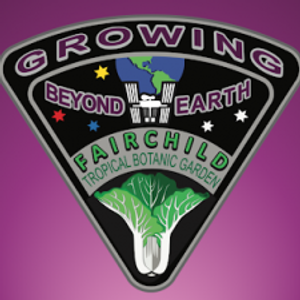
Middle and high school teachers in the U.S.: your students can test plants for use in space missions. Kid friendly!
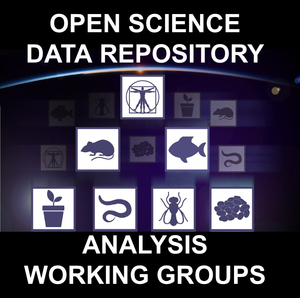
Help astronauts and life thrive in space using space biology and health data. Laptop required. Data science knowledge is helpful.
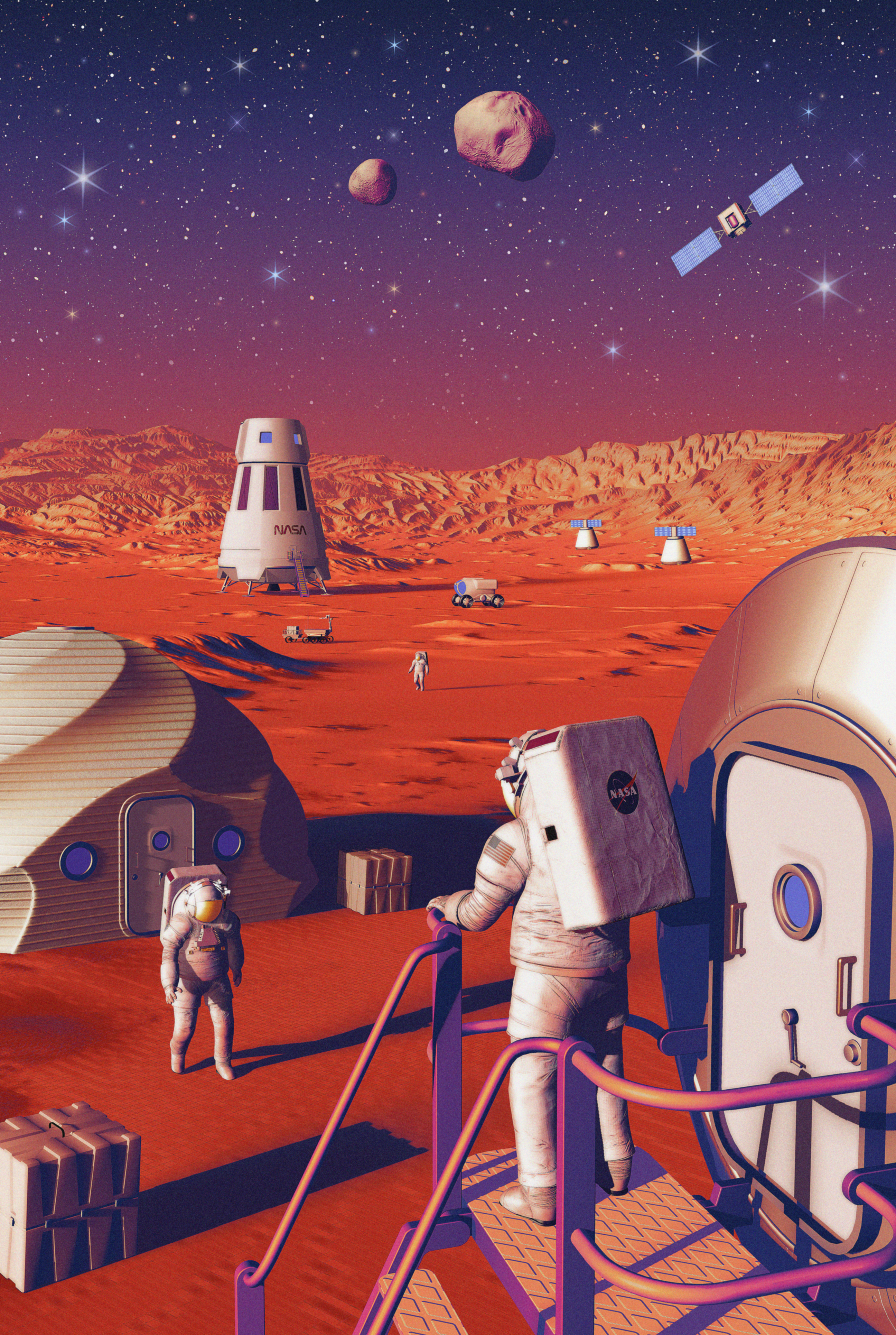
NASA is getting ready to send four astronauts around the Moon with Artemis II, laying the foundation for sustainable missions to the lunar surface and paving the way for human exploration on Mars. As the agency considers deep space endeavors…
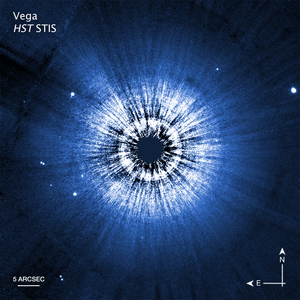
F.19 Collaborative Opportunities for Mentorship, Partnership and Academic Success in Science (COMPASS) funds collaborations between NASA Centers and academic institutions that will advance NASA’s scientific priorities and train the future STEM workforce. COMPASS prioritizes collaborations with academic institutions that have…

The Science Mission Directorate Science Activation Program encourages all people to actively participate in science through activities and resources developed by a collaborative network of project teams drawing on NASA SMD assets (science content, experts, data, etc.). The Science Activation…
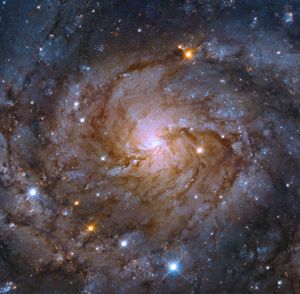
The Science Mission Directorate Science Activation Program encourages all people to actively participate in science through activities and resources developed by a collaborative network of project teams drawing on NASA SMD assets (science content, experts, data, etc.)



